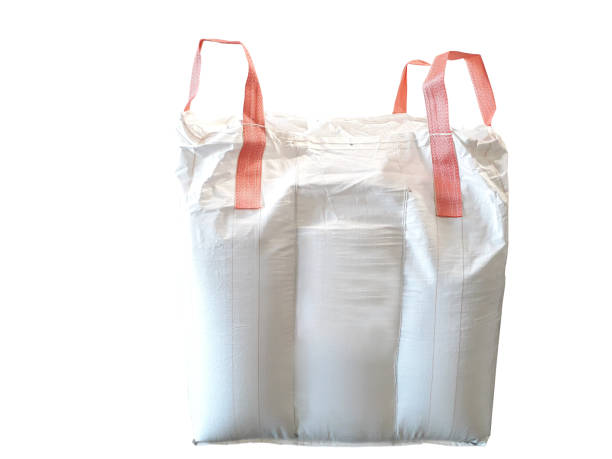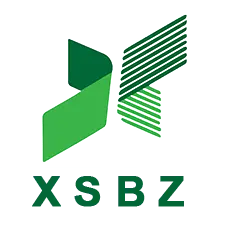IBC (Intermediate Bulk Container) liner is an important measure to protect the container from corrosion and contamination.
Choosing the reasonable material and thickness is essential to ensure the long-term stability and safe operation of the container.
How do we choose the material and thickness? We need to start from the following places:
1. Understand your application place: First, you need to clarify what type of substance your IBC will be used to store or transport. Different chemicals have different requirements for the material and thickness of the liner
2. Research liner material: There are a variety of liner materials available on the market. We generally use low-density polyethylene, which can directly contact food-grade liquid products, but at the same time we will also provide suitable bag materials for different needs of customers:
1) Nylon composite film: higher tensile strength, elongation and tear strength.
2)EVOH film: gas barrier, oil resistance, higher strength, elasticity, surface hardness and wear resistance.
3)Aluminum-plastic composite film: good flexibility, moisture-proof, oxygen-proof, light-shielding, shielding, anti-static

3. Determine the thickness of the liner: The thickness of the liner should be determined according to the size of the container and the expected service life. Generally speaking, larger containers and long-term use applications require thicker liner for better protection. However, the thicker the lining bag, it doesn’t mean the better. Too thick linings may increase cost and weight, so these factors need to be weighed when choosing.
4. Consider installation and maintenance: The installation and maintenance of the liners are also factors that should be considered when choosing. Some liners materials may be easier to install and maintain, such as PVC and polyethylene, which can be repaired by heat welding. Stainless steel linings may require more professional technology and equipment for installation and maintenance.
5. Consult professionals: Because IBC liner involve a variety of complex technical problems, it is best to consult relevant technical suppliers before making a decision. They can provide personalized advice based on your specific needs.
Choosing the right material and thickness for IBC liner a process that requires comprehensive consideration of multiple factors. You need to identify your application requirements, research the pros and cons of various lining materials, determine the appropriate lining thickness, consider installation and maintenance issues, and also accept the advice of industry personnel. Only in this way can you select the best IBC liner solution for your application.
Post time: Jul-23-2024



